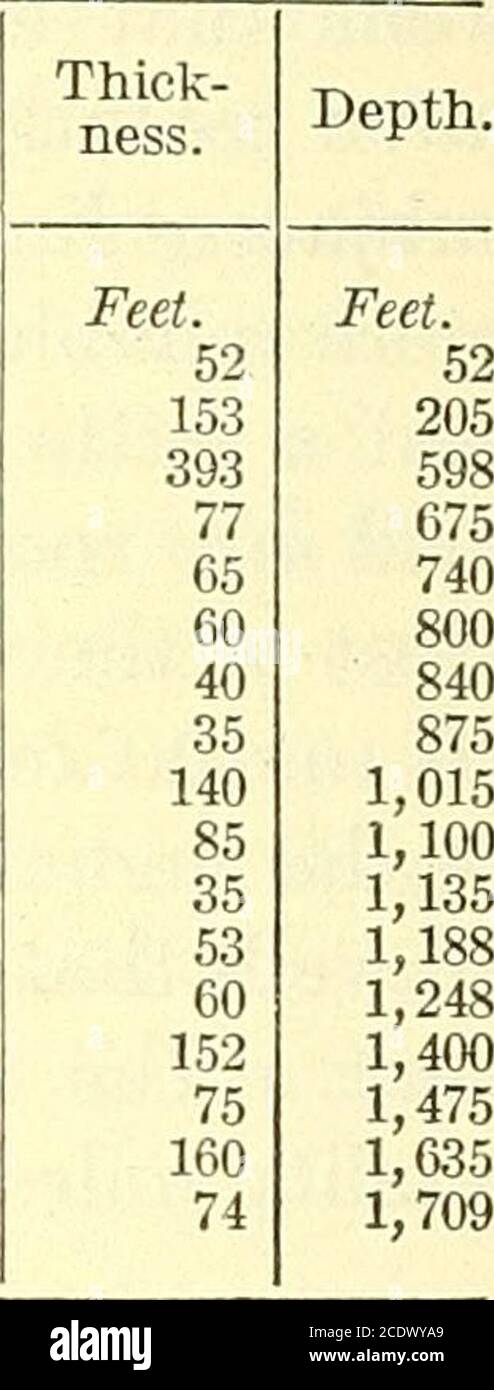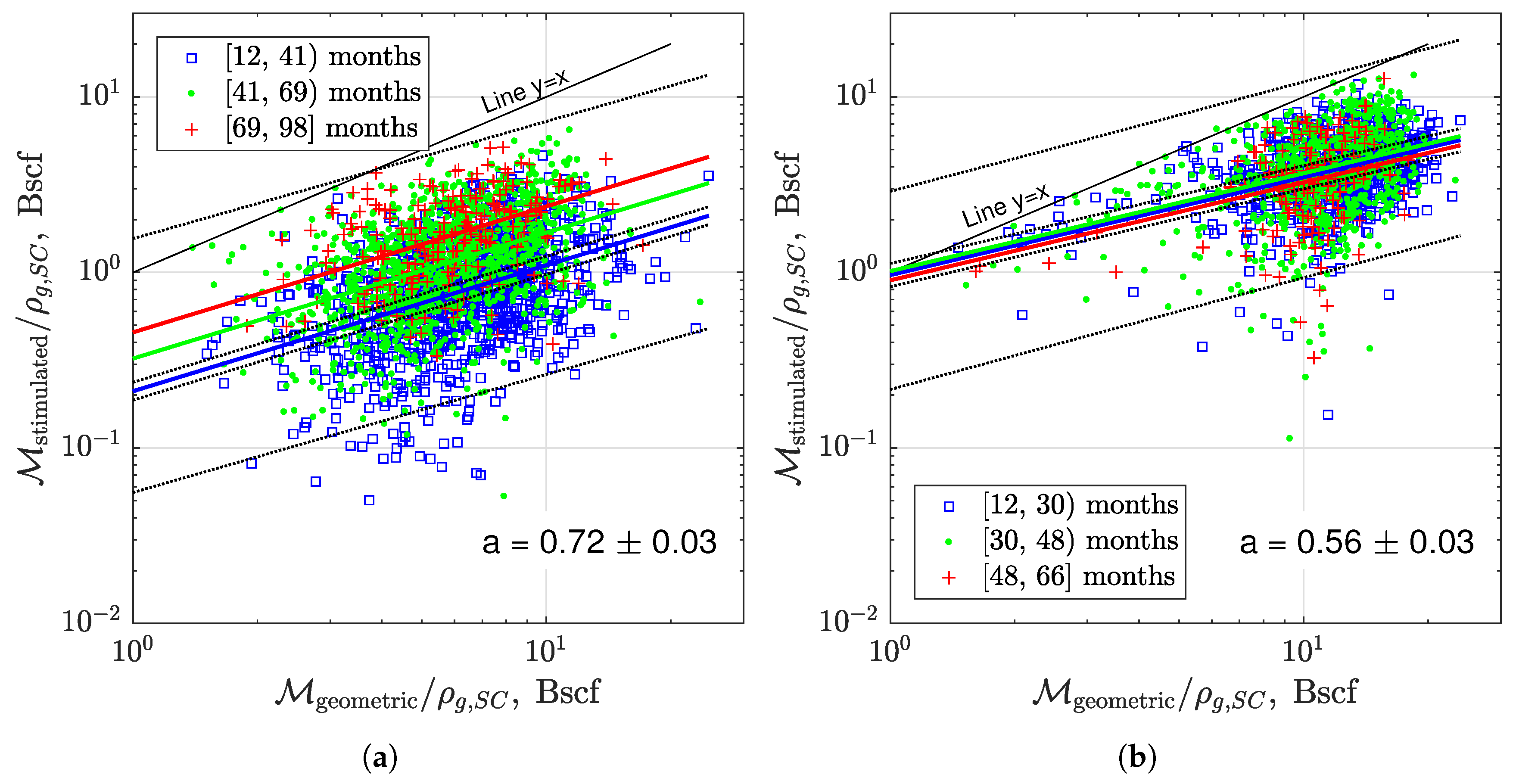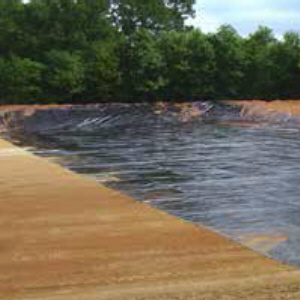Highly Laminated Reservoirs Fracking

Fracking can contaminate drinking water.
Highly laminated reservoirs fracking. Traditional and high volume fracking. Hydraulic fracturing or fracking is a technique designed to recover gas and oil from shale rock. Years to improve the flow rate including fracking. The first step in the hydraulic fracking process is the identification of a drilling location.
Typical laminated shale reservoirs anisotropic geomechanical properties obtained from literature were used to estimate a 3 d geomechanical model and nf network. Fracking in natural gas and petroleum production injection of a fluid at high pressure into an underground rock formation in order to open fissures and allow trapped gas or crude oil to flow through a pipe to a wellhead at the surface. Fracking has raised concerns over its economic and environmental consequences. The problem becomes more acute in marginal tight gas reservoirs.
Energy firm cuadrilla has begun fracking in the uk for the first time since the process was. Highly laminated tight gas sand sequences remain prolific targets worldwide and have often been bypassed using standard petrophysical analysis and simple porosity cut off technique. In shale gas reservoirs the natural gas is more closely bound to the rock and sits in a fine scale array of relatively isolated and small pores and cracks. A in traditional fracking treatments a high viscosity fluid creates a single hydraulic fracture through which oil or gas or both migrates to the production well.
Hf geometry was significantly different in the presence of weak bedding compared to when bedding was strong enough to transmit crack tip stresses across the interface. High volume super fracking is the method of choice for extracting oil and gas from tight shale reservoirs. This is not a million miles away from the 9 000psi 80 120 m3 of gelled liquid and 20 tons of ceramic proppant planned by egdon. This process is intended to create new fractures in the rock as well as increase the size extent and connectivity of existing fractures.
Shale reservoirs from where oil and natural gas are extracted are usually one mile or more below the surface of the earth well blow the underground sources of human drinking water. Hydraulic fracturing informally referred to as fracking is an oil and gas well development process that typically involves injecting water sand and chemicals under high pressure into a bedrock formation via the well.








































